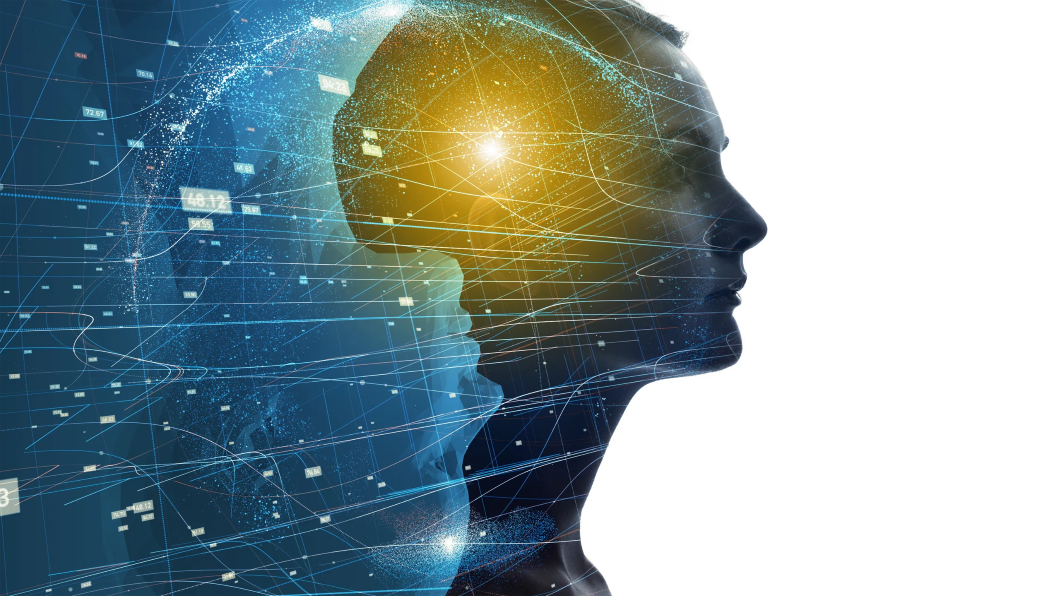
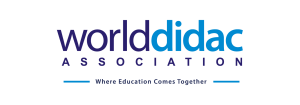
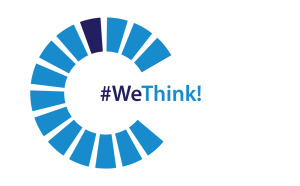
We, education executives, education experts, the private sector, and regional, international and civil society organizations, gathered here in Bern, Switzerland, and online around the globe, from 4 to 6th November 2020 for the Future Talk hybrid-conference. Three conference days were dedicated to three different topics: STEAM 4 Education, Green Education, and Artificial Intelligence. Men and women of all ages representing all regions, came together to share their ideas, experience, expertise and thereby help shape the future of education in those areas.
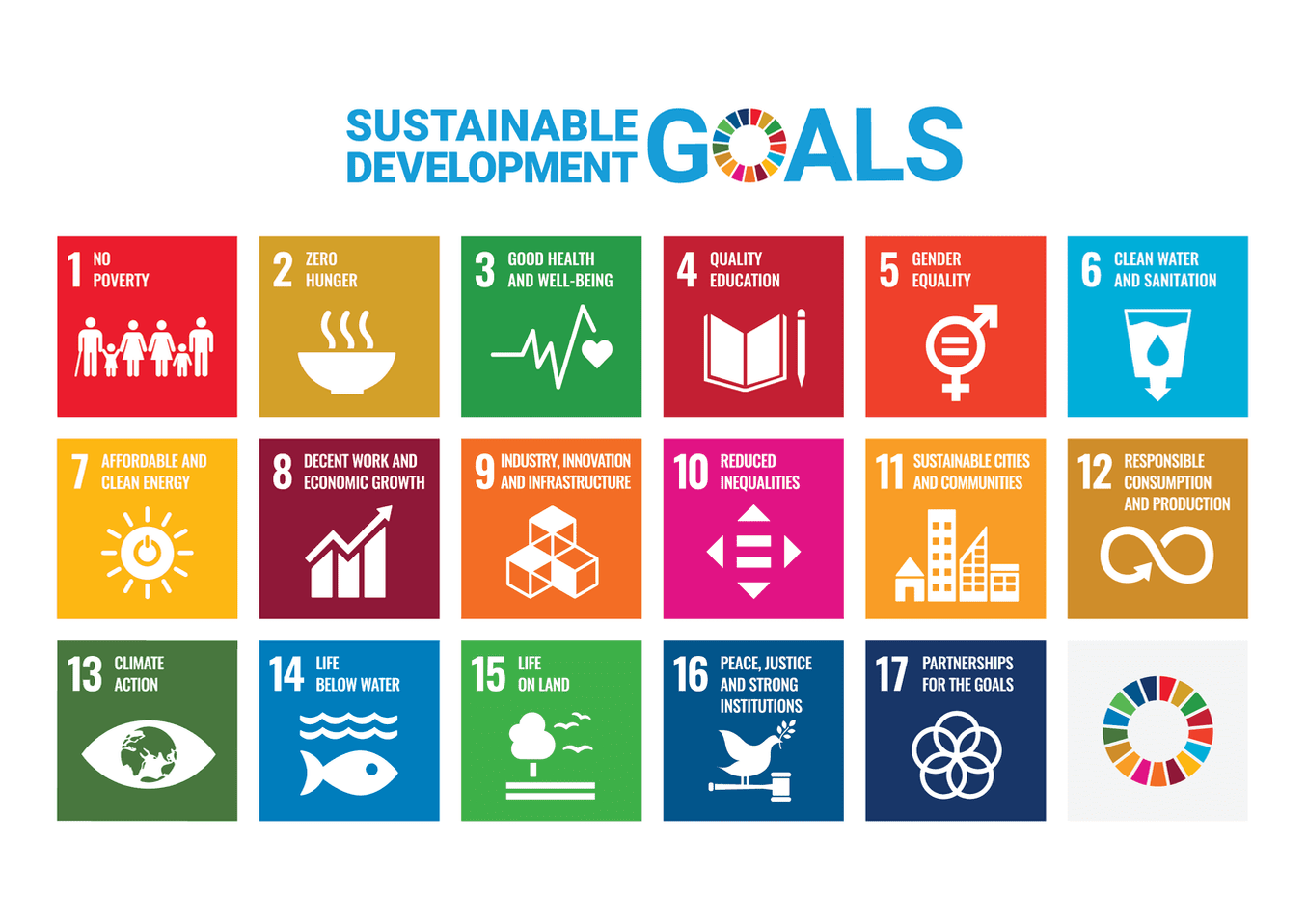
We express our wholehearted support for all Sustainable Development Goals (SDGs), but for SDG 4 – “Ensure inclusive and equitable quality education and promote lifelong learning opportunities for all”. We agree that education, lifelong learning have a crucial and founding role in supporting and shaping all seventeen Sustainable Development Goals in three major dimensions: society, economy, and environment. We are stressing the importance of education, skills, and knowledge in the present era of the Fourth Industrial Revolution, responding to the challenges that education, TVET, upskilling and reskilling are facing in the present age.
We have consolidated the outcome of Future Talk 2020 in the first ‘Declaration on the Future of Education’.
We think Innovation
Skills, knowledge, and technology need to evolve together, hand-in-hand with both human and social interaction. The creative use of skills and knowledge supports the development, building, and maintenance of sustainable smart societies. Governments and social partners have a role in supporting the development of new skills to keep up with innovation in both society and industry. We are deeply interested in the transformative role of Artificial Intelligence- which will strongly influence the future of work. We recommend flexibility in education to create a balance between soft skills, technical skills, and practical skills in an era of new normal.
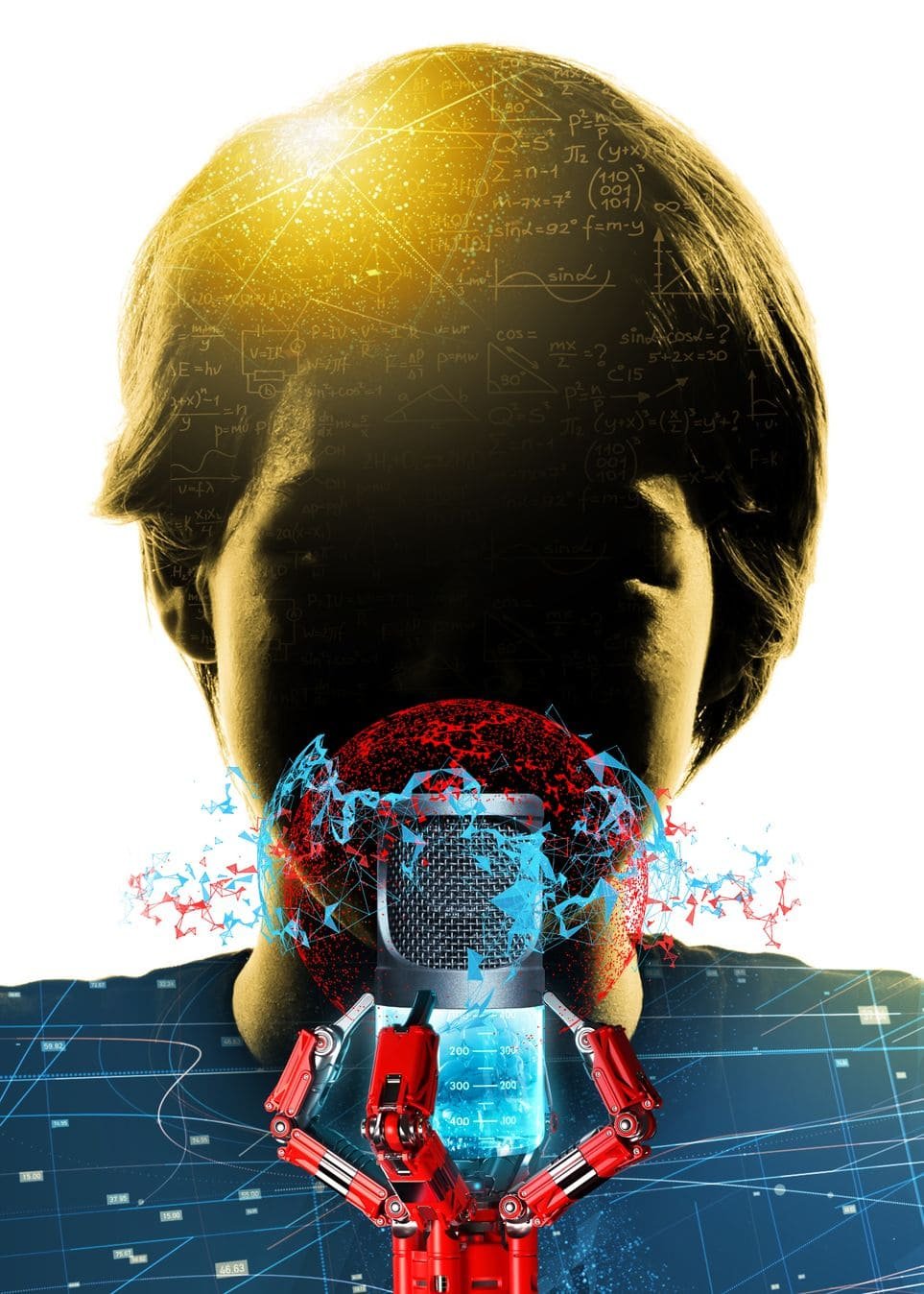
We think STEAM
The fields of science, technology, engineering, and mathematics are lagging as an essential component in teaching young adults for the 21st century. By adding the interdisciplinary, holistic, and abstract approach of the arts, STEM turned into STEAM. Arts embrace all other disciplines, brings them together and fosters innovation thus creating the solutions to social, human and ecological interactions. This approach is meant to encourage critical and out-of-the-box thinking and support a creative approach to problem-solving. STEAM education combines the practical, business approach with academic strategies of education. It gives solutions which are not easy to define by predominantly mathematical ways.
A major aspect of STEAM is that it highlights issues of gender inequality and social inclusiveness. There are many reasons why girls and women are not represented in the same degree as men are in the fields of STEM, such as missing female role models among scientists, engineers and STEM teaching staff or gender stereotypes. The addition of the A will certainly be supportive fighting this issue. Inclusiveness is a goal that we must strive for to provide a good education for all so that we all prosper. STEAM triggers curiosity and creativity of individuals, regardless of their gender. It should be a way to involve more girls and women in technical and engineering carriers, i.e. within their teams.
We agree that:
- STEAM (science, technology, engineering, arts, mathematics) education is a crucial and critical impact driver for social, inclusive and purpose-oriented economic growth, and particularly drives gender equality forward.
- Future challenges also called “Grand Challenges” such as to master climate change, are of highest complexity needing the interplay of many disciplines. STEAM offers a conceptual framework supporting to find solutions.
- Including the A in STEAM is most relevant for the process of creative and innovative engineering and plays a major role in generating interest for girls and women to go for a technical oriented career and helps to develop the next generation of STEAM skilled (female) talent necessary to drive innovation.
- Government, teaching Institutions and the private sector should join efforts to put in place a framework for early exposure to STEAM education as the foundation of education 4.0 models.
- STEAM driven education has the potential to empower today’s and tomorrow’s change makers to contribute solving environmental challenges, helps shaping the new normal and generating future business models.
STEAM education is a key impact driver for youth and gender equality and of most important relevance for development countries aiming at moving economic and inclusive growth forward. - Schools and training institutes must ignite students’ interest and motivate students continuously and STEAM subjects will be there to offer a vehicle to facilitate.
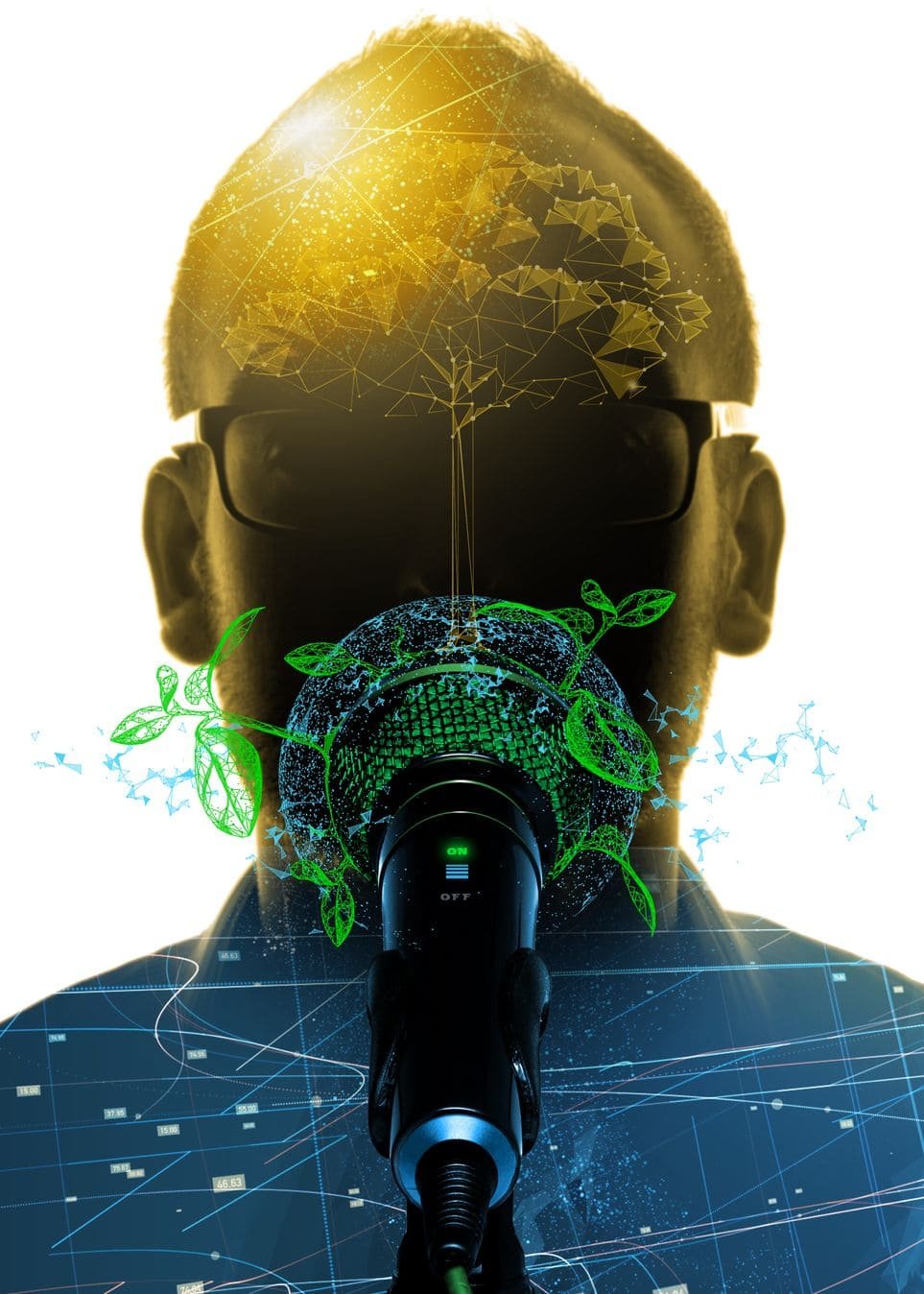
We think Green
Climate change, environmental degradation, and scarcity of resources are changing the nature of work and life.
Technological progress along with sustainability issues requires the need to explore and develop Education for Sustainable Development that not only focuses on sustainable production and frugal living, but also helps to overcome environmental challenges in a systematic way. Especially TVET (Technical Vocational Education and Training) and related transformations of TVET and lifelong learning can play a fundamental and crucial role in this context.Sustainability is no longer an ideology; it is humanity’s business plan. The power of lifelong learning can be harnessed to foster environmental stewardship and greening economies by motivating citizens and workers to protect the natural environment, build resilience against climate change, and adopt sustainable patterns of production and consumption.
We agree that:
- TVET curricula and competency standards should incorporate an environmentally sustainable approach and adhere to international standards and regulations.
- Governments should put in place regulatory frameworks and promote green thinking at a high level.
- Regulation for Sustainable Education should be introduced in schools to enforce climate change awareness.
- Through education and training, we should challenge children, youth and adults to actively adopt sustainable solutions.
- Investing in relevant skills, technical and core employability skills, is the first step to ensuring global environmental sustainability.
- The concept of green innovation includes economic, social, and environmental pillars, and these ideas need to be promoted throughout all learning opportunities in formal, non-formal and informal modalities.
We think Industry 4.0
The 4th Industrial Revolution is changing the world around us. Digital innovations, the internet of things, and big data are driving globalization beyond borders and impact the global economy, the environment, labor markets, and societies. Intellectual intensive jobs will be impacted just as much as shop floor activities and modern manufacturing. Education and skills development from primary education to higher education, TVET and adult education, as well as partnerships at all levels, and within all sectors, are in high demand all around the globe. Individuals will need to be well educated and highly trained in new technologies, as well as the values associated with operating and maintaining those technologies. Digitalization, Industry 4.0 and the Internet of Things (IoT) are some of the major transformations that our economies, education systems and societies will have to address.
We agree that:
- In a globalized world, the data revolution will increase the need for dynamic education and skills for future jobs.
- Given the increase in the need for machine supervision, we need to invest in skills that match the needs for future jobs.
- We recommend that educational institutions and systems adopt an innovative learning approach, including interdisciplinary skills such as data analysis, problem-solving, creative art, IT, decision-making, soft skills.
- We believe it is necessary to bridge the gap between schools and jobs and establish a strong community of competent and skilled youth.
- The legal and political framework should encourage innovation in the form of new businesses.
- It is crucial to integrate both the private sector and government-led initiatives to interconnect students with Smart Industries.
We Think Jobs, Inclusion, and Prosperity
Education should be adaptable and applicable to the relevant industry and business sectors. Experience from industry and the labour market at large is essential to strike a balance between practical skills and academic education. Seeking opportunities and practical experience builds confidence and self-awareness in students. Encouraging on-the-job training will ensure that real-world skills are acquired. United Nations state that various vulnerable groups women and girls play a crucial role on the achievement of sustainable goals.
We recommend the following:
- Ensure that life-long learning opportunities promote both a sense of global solidarity and individual and societal responsibility and encourage citizens to take action to make their communities safer and more inclusive. Focus on learning that empowers people to participate in decision making, raise political awareness, and hold responsible stakeholders accountable to their commitments and actions.
- Enable all citizens – in particular children, youth, and adults (putting a special focus on girls and women) – to benefit from sustainable and inclusive economic growth by providing them with life-long learning opportunities that develop the knowledge, skills, values, and attitudes they need for productive and fulfilling work and full participation in society.
- Empower vulnerable people, and foster social, economic, and political inclusion by ensuring that all citizens, irrespective of age, sex or economic, cultural, religious, or ethnic background, are offered equitable opportunities to acquire and master literacy skills better express their rights and successfully participate in the market.
- Reach out and work with different sectors, especially with industry to build partnerships between government, private sector, academia and civil society to prepare a skilled labor force.
- Encourage all stakeholders from industry, business, society and policy makers to work in partnership with educational institutes for mutual benefit.
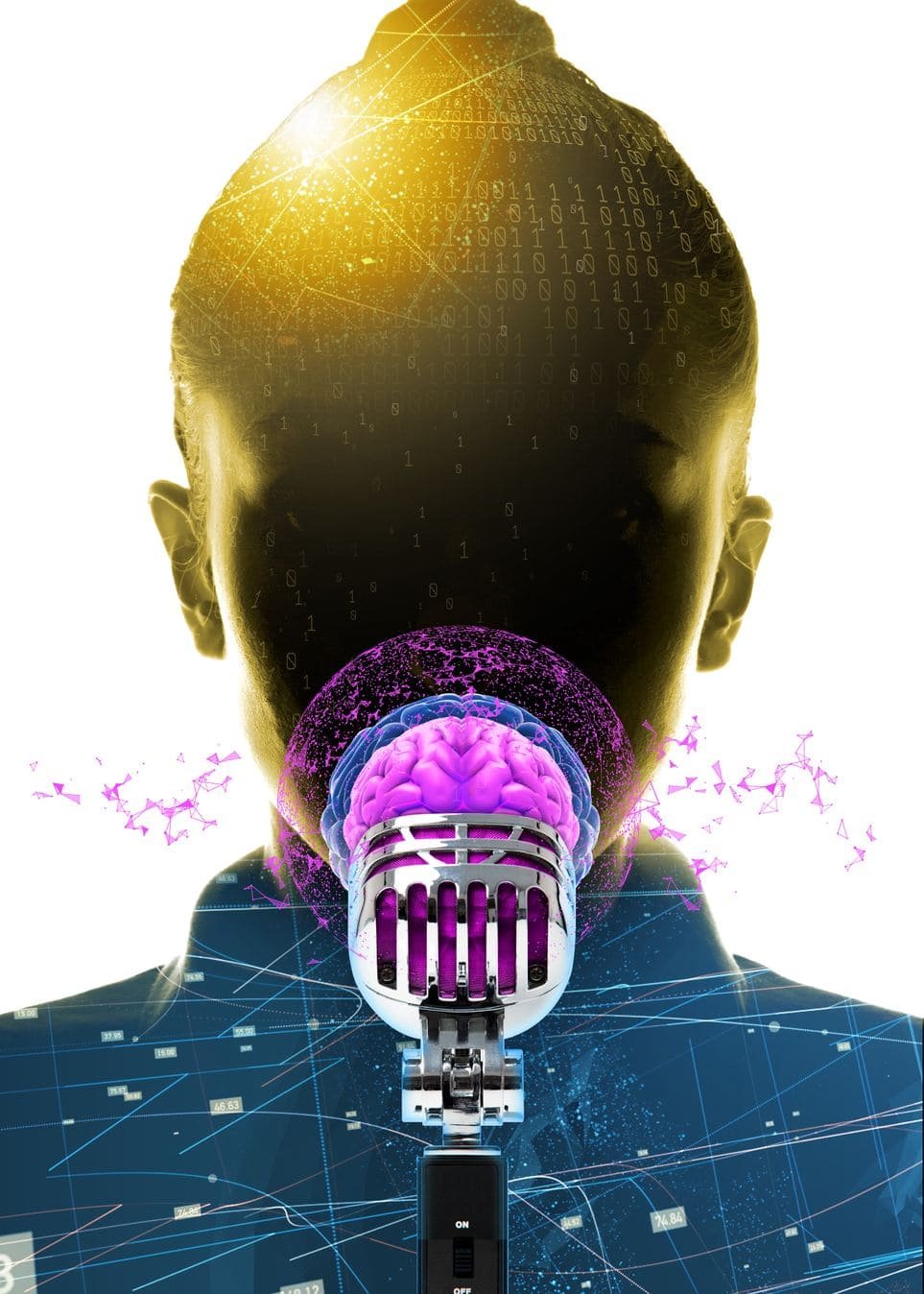
We believe in a future with Digital Learning
The recent COVID crisis has highlighted that despite the development in recent years that the use and deployment of digital learning, e-learning, online learning is still at an early stage and was not prepared to become a mainstream tool. Many countries have found out just how unprepared they were to switch to digital learning and found that the infrastructure was lacking, the content was lacking, access was far from universal (even in developed countries), polices were not in place, teachers were unprepared and needed to learn new skills and have access to digital technology and content.
This current experience has shown that digital learning should be considered an essential part or pillar of the educational system. It can help our education systems to be resilient in times of personal, local, national, or global crises. But it also provides us a real opportunity to make our education systems better and more suited to the future. It is a required pillar for life-long learning which needs to be delivered flexibly to conform with the learner’s pace and place of learning. These tools and systems have a great potential to transform education to provide learning where and when it is needed so that it is delivered when the learner needs it, we call the “Just in Time learning”.
As our systems develop for digital learning, we can envision that the long-held goals or ideals of providing adapted learning, differentiated learning, non-linear multi-pathway learning can be achieved. This can help educators to reach, inspire, motivate, and accelerate learners throughout our learning communities. Eventually, we can possibly even discard time-based learning and more toward true competency-based learning. The use of Artificial Intelligence in education will be a new and exciting tool for educators to use in making these aspirations come to fruition. But it won’t happen by itself, Institutions and educational systems will need to invest in this area significantly just as they do in buildings, equipment, staff, etc. Success in the digital world does not only depend on digital literacy but also requires the education in soft skills such as a creativity, curiosity or the sense of responsibility.
We agree that we should aspire to:
- Work towards developing and optimising digital learning systems that may provide stronger resources and options so that schools and educational systems can find solutions that fit with their needs and plans. Digital learning shall become a new pillar in educational development and be given the same consideration that we do to staff, buildings, curriculum, and facilities.
- Encourage Institutions and government to plan for digital learning development by creating new structures to manage and develop this key potential area. This could include setting up task forces, developing policies, digital teacher training programs, updating curriculums, creating or acquiring new resources, etc.
- Move learning not just on campus but to articulate it online so that the learners can benefit from having greater access to learning no matter where they are. This reveals possibilities for supporting altered school schedule during times of crisis but also improving efficiencies of learning. Mechanisms like this can support continuous learning that is required by fast change professions and is certainly a factor in IR 4.0 as well.
- Lifelong learning should be a leading paradigm for education systems. Certainly, digital learning and online access will be a major component of this.
- Create public and private initiatives to create new digital learning resources. Private online education has been moving quite fast in the past few years, yet the public sector is lagging. By building bridges and initiating cooperative development projects the public sector can accelerate its transformation.
- The attitude and need of education of educators must be changed more rapidly than ever before.
- We understand online learning cannot substitute face-to-face learning as schools bear many functions, not only the role in the transfer of knowledge, but also social development, role modelling and peer learning. The Covid-19 crisis made it evident how online-learning can help and contribute to the learning paths, however, made it also evident that online and remote learning cannot replace practical on-the job-training, including apprenticeship training.
- In the ideal world, training provision should explore blended forms, benefitting from digital learning, but also taking most of the good quality face-to-face learning too.
Conclusion
We stand united behind this declaration and commit ourselves to abide by it, carry it home, become its ambassadors, and ensure its positive outcome and long-lasting resonance.
We call upon national governments to establish a legislative framework that promotes and develops curricula for STEAM subjects, the green transition, innovation, industry 4.0, and also to utilize and deploy digital learning so that it can become an additional new pillar for educational deployment and learning.
Call upon all stakeholders – private sector and civil society – to contribute to the provision of quality education and life-long learning opportunities for all by building a learning environment with free and open access to digital and printed learning materials and developing effective strategies to increase participation in such provision.
We urge private and individual actors as well as international stakeholders to take a stand with us and work towards the implementation of this declaration and with it a better future of education for all.
The future is no longer an extension of the present.






















































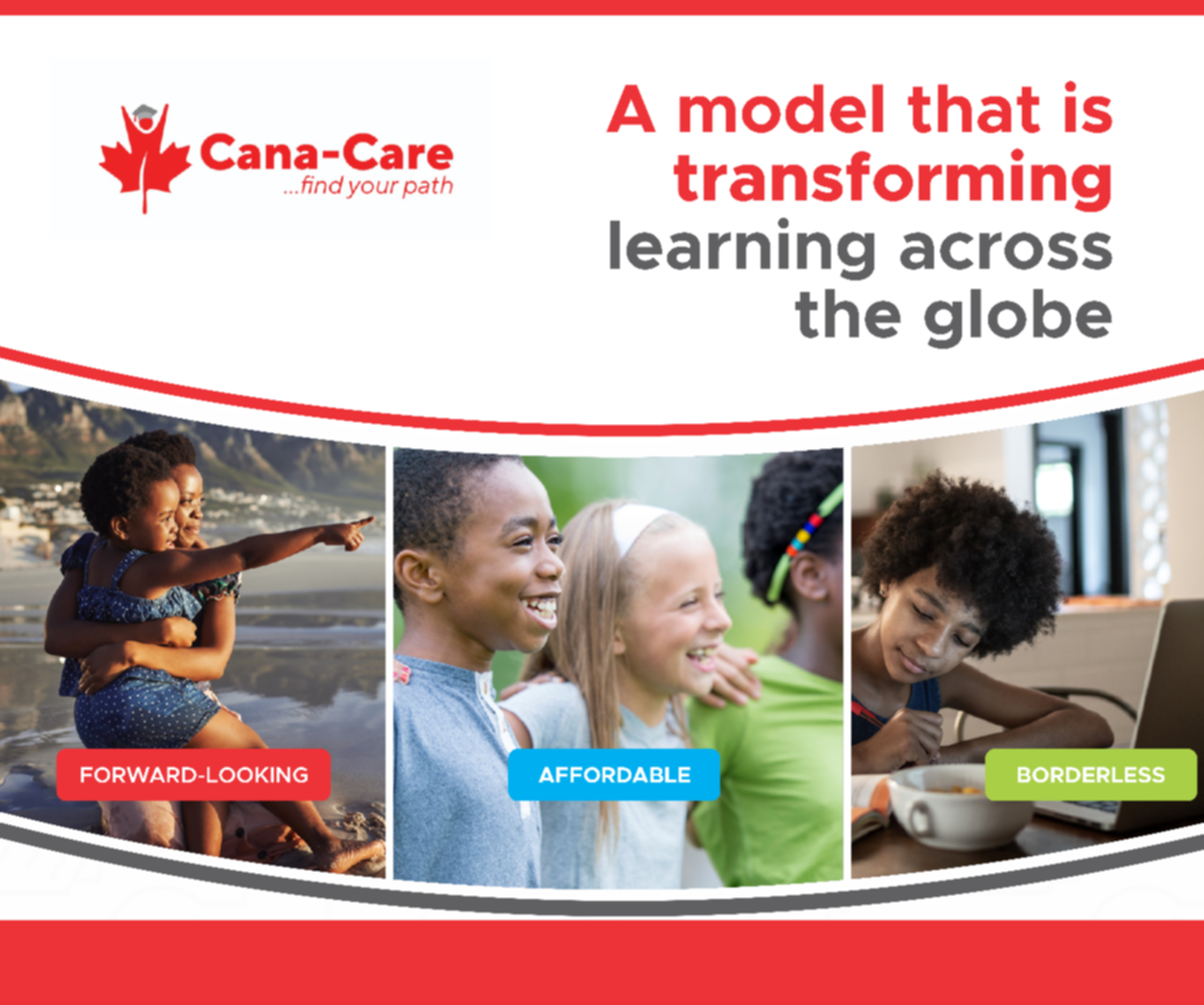

 EduTimes Africa, a product of Education Times Africa, is a magazine publication that aims to lend its support to close the yawning gap in Africa's educational development.
EduTimes Africa, a product of Education Times Africa, is a magazine publication that aims to lend its support to close the yawning gap in Africa's educational development.


